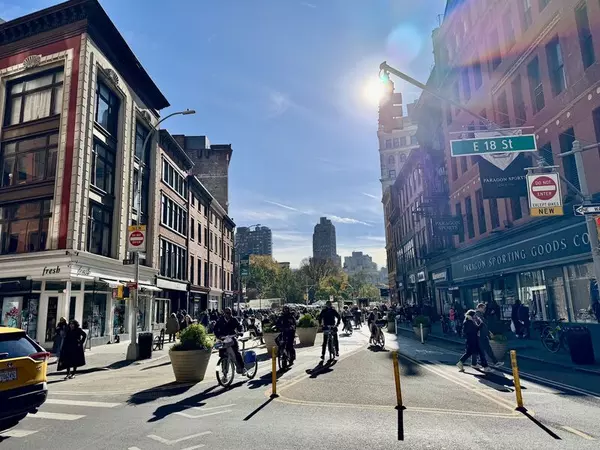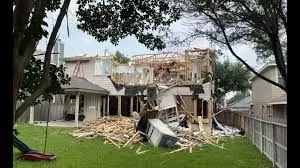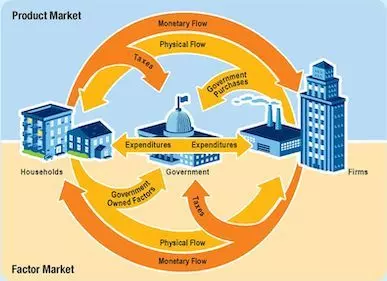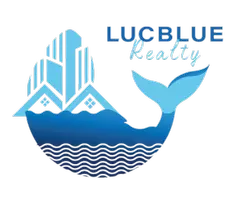House Destroyed by Fire or Flood? Your Essential Steps to Recovery in NYC
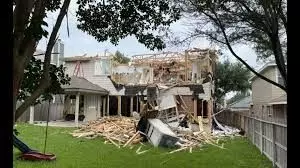
House Destroyed by Fire or Flood? Your Essential Steps to Recovery in NYC
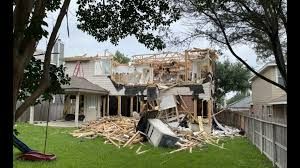
The unimaginable has happened: your home, your sanctuary, has been destroyed or severely damaged by fire, flood, or another sudden disaster. Whether it was a tragic Fourth of July fireworks accident, a devastating building fire, or an unexpected flood, the emotional shock and overwhelming sense of loss are profound. In a city like New York, where housing is precious and space is at a premium, the impact can feel even more acute.
At LucBlue Realty, while our primary work involves buying and selling homes, we understand that real estate is deeply personal. When disaster strikes, your immediate needs shift from market trends to safety, recovery, and rebuilding. Our goal here is to provide a clear, step-by-step guide to help New Yorkers navigate the immediate aftermath of a home's destruction, offering practical advice and connecting you with the resources you'll need for recovery.
Remember, you are not alone in this. Taking these crucial first steps can lay the foundation for rebuilding your life and, eventually, your home.
Phase 1: Immediate Safety and Care (First 24-72 Hours)
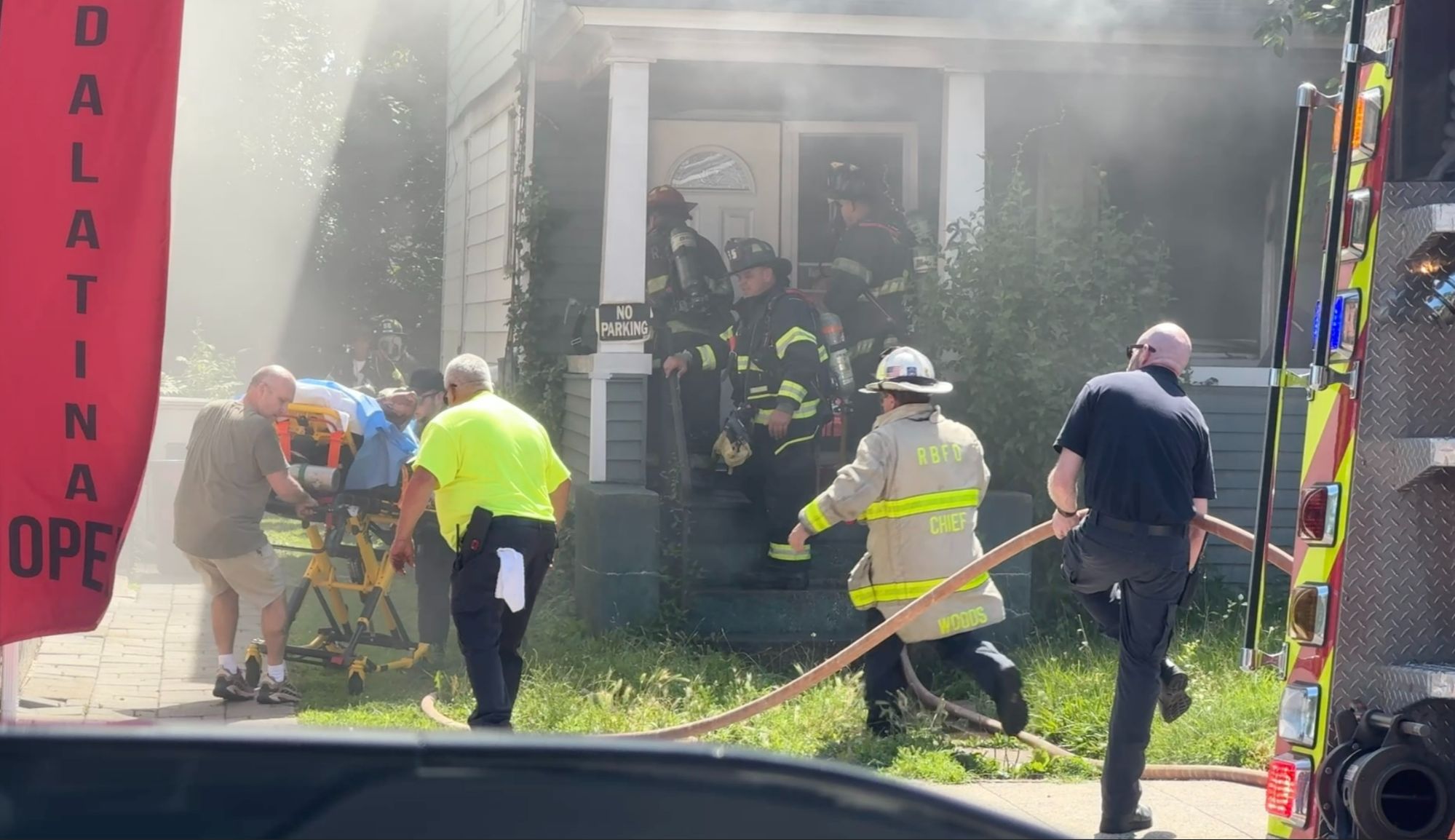
Your safety and the safety of your loved ones (including pets) are the absolute top priority. Do NOT re-enter your property until authorities declare it safe.
- Ensure Everyone is Safe & Accounted For: Verify that all family members, pets, and anyone who was in the home are safe and have received any necessary medical attention. If a medical emergency exists, call 911 immediately.
- Contact Emergency Services (If Not Already Done): For fire, ensure the fire department has fully extinguished the blaze and secured the site. For flood, ensure local emergency services are aware and can advise on hazards.
- Find Temporary Shelter: Your home insurance policy likely includes "Loss of Use" or "Additional Living Expenses (ALE)" coverage, which pays for temporary housing (hotel, rental) and increased living costs (food, laundry) while your home is uninhabitable.
- NYC Specifics: Finding temporary housing in NYC can be challenging due to demand. Reach out to friends, family, or your insurance provider immediately. Organizations like the American Red Cross or local community groups often provide immediate relief services, including temporary shelter and essential supplies.
- Notify Your Mortgage Lender: Even if your home is destroyed, your mortgage payments typically continue. Contact your lender as soon as possible. Many lenders have disaster relief programs that may allow for temporary forbearance or modified payment plans.
- Secure Your Property (If Safe & Permitted): Once authorities give the all-clear, take immediate steps to prevent further damage or theft. This might involve boarding up windows, covering a damaged roof with a tarp, or fencing off the property. Keep all receipts for these emergency repairs – your insurance may reimburse you.
- Take Care of Your Emotional Well-being: Experiencing such a loss is traumatic. Don't hesitate to seek support from friends, family, religious leaders, or mental health professionals. Local disaster relief organizations often offer counseling services.
Phase 2: Navigating the Insurance Claim (Within the First Week)
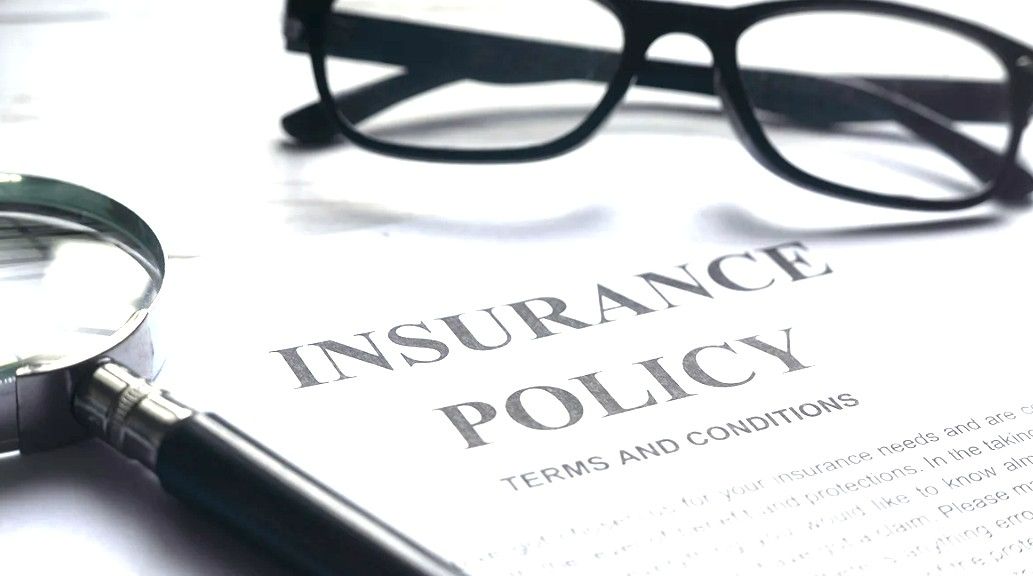
This is a critical phase where meticulous documentation and prompt action are key to a successful claim.
- Contact Your Insurance Company Immediately: Call your homeowners insurance provider as soon as possible to report the damage and begin the claims process. Be prepared to provide your policy number, date of loss, and a brief description of the damage.
- Fire vs. Flood Coverage: Standard homeowners insurance policies typically cover damage from fire and smoke. However, flood damage is almost always excluded and requires a separate flood insurance policy (often through the National Flood Insurance Program - NFIP). Understand your specific coverage.
- Document Everything (Safely):
- Photos & Videos: Before any cleanup or repairs, take extensive photos and videos of all damaged areas, inside and out. Include wide shots and close-ups. Document ruined personal belongings.
- Inventory: Start compiling a detailed list of all damaged or destroyed personal property. Include descriptions, approximate purchase dates, and estimated values. If you had a home inventory (photos/videos of your belongings) prior to the disaster, it will be invaluable.
- Keep Receipts: Save all receipts for temporary repairs, alternative living expenses, and any other costs incurred due to the disaster.
- Understand Your Policy: Review your policy to understand your coverage limits, deductibles, and specific claim procedures. Key coverages include:
- Dwelling Coverage: For the structure of your home (rebuilding or repairs).
- Personal Property Coverage: For your belongings (furniture, clothing, electronics, etc.). This might be Actual Cash Value (depreciated value) or Replacement Cost Value (cost to replace new), with RCV being more favorable.
- Loss of Use (ALE): As mentioned, for temporary living expenses.
- Work with the Insurance Adjuster: An adjuster will be assigned to assess the damage. Be present during their inspection. Walk them through the property, highlight all damaged areas, provide your documentation, and ask questions. Remember, the adjuster works for the insurance company, so advocating for your interests is important.
- Don't Throw Anything Away (Yet): Unless it's a safety hazard, do not discard damaged items until the adjuster has had a chance to inspect them or your insurer explicitly tells you it's okay.
Phase 3: Rebuilding Your NYC Home (Long-Term Process)
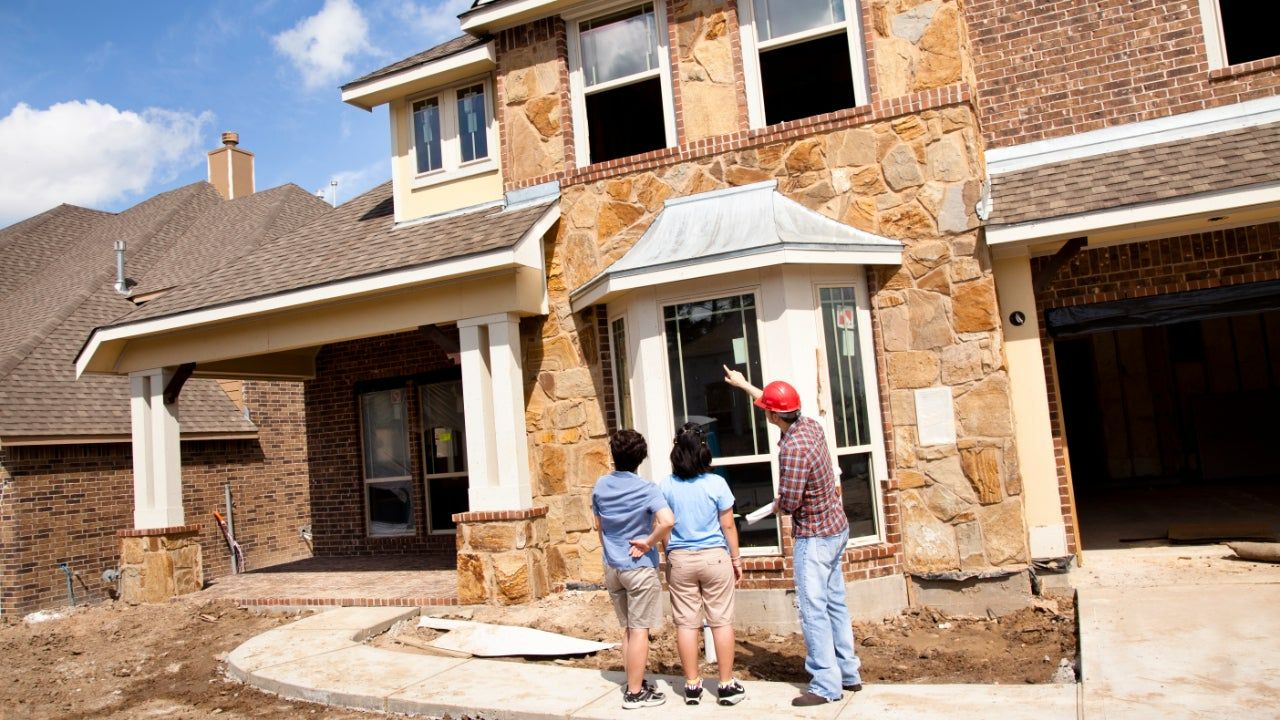
Rebuilding after a total loss is a significant undertaking, often more complex in NYC due to strict building codes, zoning, and space constraints.
- Obtain Official Reports: Request a copy of the fire report from the FDNY or any official flood reports. These documents will be vital for your insurance claim and rebuilding permits.
- Assess the Extent of Damage & Decision to Rebuild: Your insurance company, along with structural engineers and contractors, will determine if your home can be repaired or if a full rebuild is necessary. In NYC, often a severe fire or flood will necessitate demolition and rebuilding from the ground up, or a significant gut renovation.
- NYC Building Codes & Permits: New York City has some of the most stringent building codes in the country (enforced by the NYC Department of Buildings). Any reconstruction will need to comply with the latest codes, including those for:
- Structural Integrity: Ensuring the new structure can withstand future events.
- Fire Safety: Updated sprinkler systems, fire-rated materials, and egress requirements.
- Energy Efficiency: Meeting modern energy conservation codes.
- Flood Resilience (if applicable): For flood-damaged homes, elevation or other flood-proofing measures may be mandatory.
- Permits: A long list of permits will be required for demolition, foundation, construction, plumbing, electrical, etc. This is a complex process.
- Hire Qualified Professionals:
- Public Adjuster (Optional but Recommended): Consider hiring a public adjuster who works exclusively for you to negotiate with your insurance company and maximize your claim payout.
- Experienced NYC Architect & Contractor: Crucial for navigating NYC's unique building challenges and regulations. Look for professionals with a proven track record in rebuilding projects within the city, who are familiar with local codes and permitting processes. They will help with design, plans, and securing necessary approvals.
- NYC's Housing Recovery Programs: In the wake of major disasters (like Hurricane Sandy), NYC has had programs (e.g., "Build It Back") to assist homeowners with rebuilding. Check if any current city or federal disaster assistance programs (like FEMA) are active for your situation.
- Financing the Rebuild: Your insurance payout will be the primary source. If there's a gap between coverage and rebuilding costs, you might explore:
- SBA Disaster Loans: The Small Business Administration offers low-interest disaster loans to homeowners and renters.
- Mortgage Reinstatement: Work with your lender on how the insurance proceeds will be used to pay down or rebuild your mortgage.
- Personal Savings/Loans: If necessary.
LucBlue Realty: Your Partner Beyond the Transaction
The destruction of your home is a profound challenge, but it doesn't have to be faced alone. While LucBlue Realty specializes in helping you find your dream home or sell your property, our commitment extends to supporting our community through every phase of homeownership.
If you are navigating the complex process of rebuilding, or if your circumstances lead you to consider buying or selling a property in NYC after a disaster, our team is here to offer guidance. We can connect you with trusted local resources, from insurance specialists and contractors to architects familiar with NYC's stringent building codes. We can also provide market insights if you decide that rebuilding isn't your path and you need to explore selling the land or finding a new home.
Your recovery journey starts with informed action and strong support. Contact LucBlue Realty today for guidance and resources to help you through this challenging time.
Categories
Recent Posts
